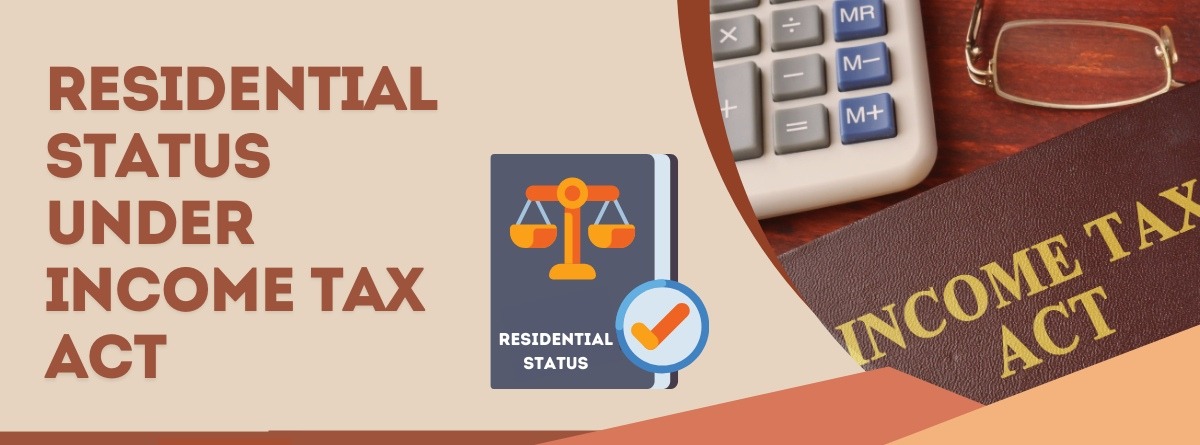Glover, J.@mdashThe prisoner in this case has been convicted of abetment of an offence u/s 382 of the Penal Coda, that is of theft after preparation made for causing death. The abetment held to be proved, was the prisoner''s omission to give information of the offence--information which the Jury were told he was legally bound to have given. We think that the Jury were misdirected in this point, and that the conviction is therefore bad. The prisoner was arraigned on several charges, on all of which, except the one of abetment, he was acquitted, and the only evidence of the abetment was the man''s confession to the Magistrate, in which he stated that be saw two persons whom he named hold the boy Umes under water and drown him.
2. This admission might under certain circumstances have made the accused guilty of abetting a murder, but there is nothing in the law which makes it criminal in a person in the prisoner''s position to omit to give information that a theft with violence has been committed; a mere omission to give information can only amount to abetment u/s 107 of the Penal Code, when the person who neglects to give the information is one bound by law to give it. For instance, a Policeman or a Chowkidar would come under this section if they saw an offence committed and gave no information, so would a zemindar in certain particular cases, but a private individual is only morally bound, and if he omits to do what he ought to do, he may suffer in conscience or character, but the law will not touch him.
3. The prisoner in this case was not one of those persons whom the law compels to give information, and we think therefore that the Jury were wrongly directed to find him guilty of abatement by illegal omission on the strength of the confession made by him to the Magistrate.
4. As he has been acquitted by the Jury on all the other counts of the indictment, we think that he must be immediately discharged.
Loch, J.
5. In this case the Sessions Judge, looking at a note appended to explanation 2 of section 107, in Morgan''s Edition of the Penal Code, held that the prisoner was guilty of abetment as he had failed to give information of the theft which he had seen committed, and he charged the Jury to find a verdict of guilty, if they believed the prisoner''s statements. The Jury did accordingly find the prisoner guilty of abetment on the 4th head of the charge; but after the verdict was given, the Sessions Judge considered this part of his direction to the Jury to be incorrect, as the concealment, being subsequent to the commission of the offence, could not be regarded as an abetment of the offence. But, considering that the prisoner had committed an offence punishable u/s 202 of the Indian Penal Code, be sentenced him to six months'' imprisonment. It appears to me that the prisoner has been prejudiced by what was a misdirection on the part of the Judge to the Jury. He stated the law to the Jury; and on his statement they found the prisoner guilty of abatement. He subsequently found his statement of the law to be incorrect, and the prisoner has been sentenced to punishment for an offence with which he was not charged. A further question arises, whether the prisoner is liable to punishment under the provisions of section 202 of the Penal Code. Was the prisoner legally bound to give information of the theft which he had seen committed, attended as it was by circumstances of violence such as brought the offence within the provisions of section 382? Is a private individual bound by any law to give information of a robbery or other offence which he baa by accident seen committed? If not, then the prisoner has committed no offence. I think he must be released.

